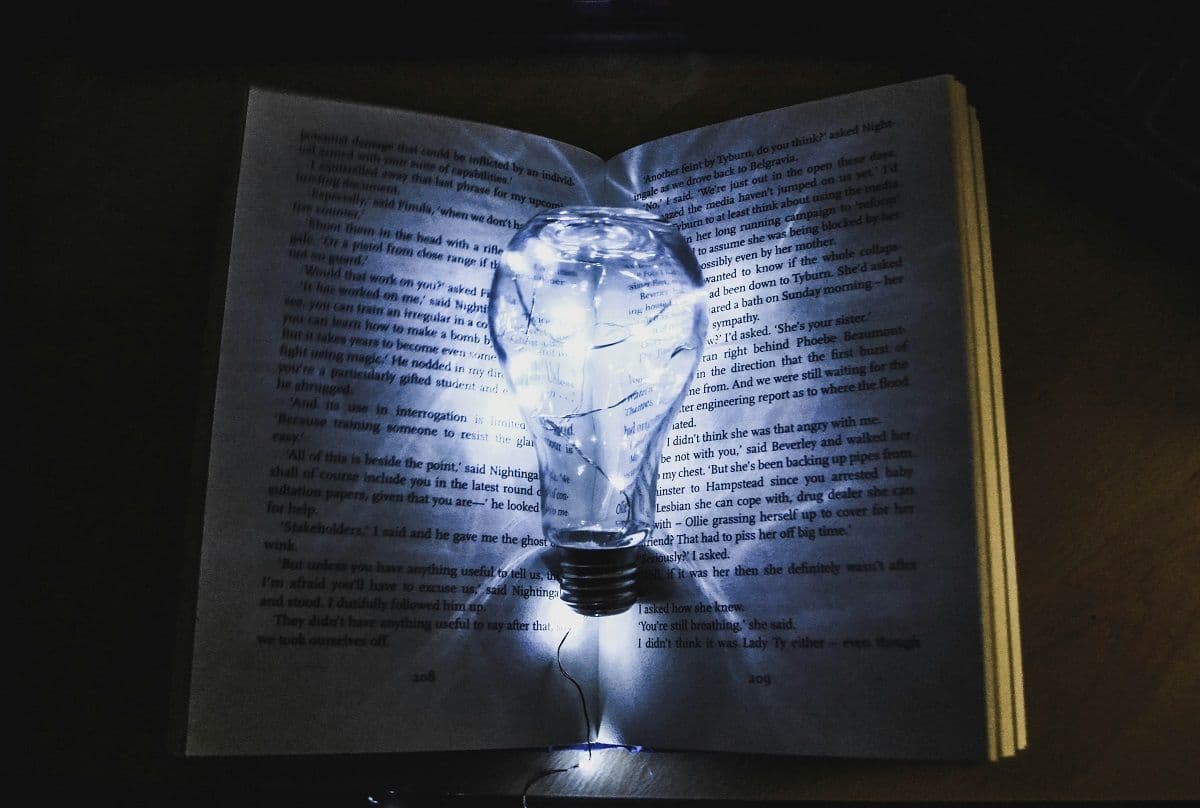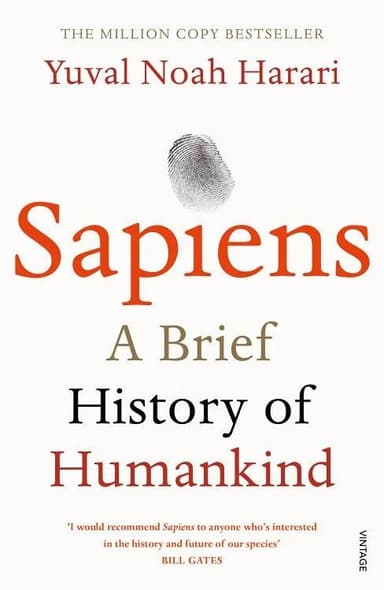The Real and the Imagined: Why We Read What We Read
By Eloquent Shelf
Published: November 13, 2025
4 mins

Do we read to escape our world — or to change it?
We see different emotional engagement in different readers: some find truth in imagination; others find imagination in truth. For instance: when we open 1984, we enter a nightmare to understand power. When we open Sapiens, we study power to understand nightmares.
To call fiction an escape is not to diminish it — it’s to recognize its capacity to give us refuge and perspective... its ability to create a safe cognitive space for emotional rehearsal. Fiction can help us feel truths we might not otherwise face directly. Stories prepare us for novel realities by letting us live a thousand simulated lives. A number of studies support this notion. One study examining "transportation theory" found that if readers were sufficiently "transported" into the plot during their reading, they became more empathetic within just one week.

So if fiction enables us to feel our way into the lives of others, perhaps non-fiction gives us the means to improve agency in our own lives. Non-fiction readers often carry a mindset of growth — of changing or mastering something. But it’s not cold or utilitarian; the motivation is the same: gaining and understanding new insights. Atomic Habits couldn't be described as escapism — but it certainly could be described in terms of self-authorship.
In Seeing What Others Don't, Gary Klein explains how we humans are hard-wired to seek new insights as we traverse the world around us. He writes:
...the act of struggling and then gaining understanding is so satisfying. We are built to seek insights.
And that makes sense, because new information that changes the way we approach the world around us opens up new opportunities and pathways in our lives. The only way we navigate in this world is by employing the insights we already have — to address problems, obstacles or difficult choices. By expanding our repertoire of insights, we increase our effectiveness in today's reality, and our potential in tomorrow's.
So, fiction versus non-fiction? In truth, the line between the two is unexpectedly thin. The best non-fiction tells stories that open our minds to new ideas and concepts; the best fiction teaches truths that do the same. Consider Meditations on one hand, and The Alchemist on the other. Both works are guidebooks for the soul in different forms. Both genres feed the same human hunger for insights - just using different vehicles.
Perhaps we don’t read to escape or to change our reality — perhaps we read to see something new. Some through story, some through fact. But in every case, we read to become a little more optimized for the real world around us.
Not sure which book might speak to your current mood? Try our Discovery Tool.
Related Summaries
Sign up for our Newsletter

Join our weekly newsletter to stay updated on the latest non-fiction recommendations and insights.


